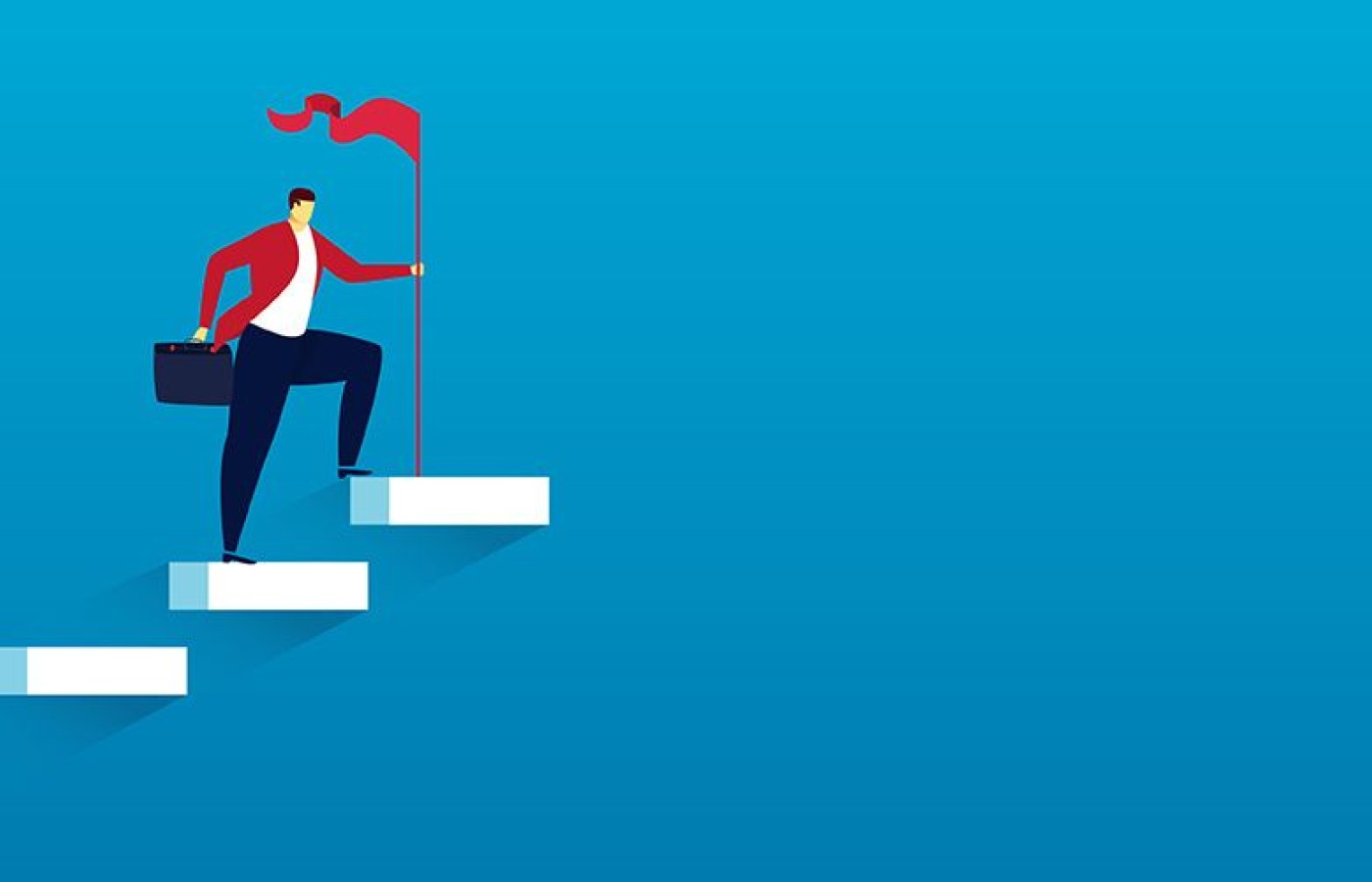It’s a new year and many chiropractors are evaluating what will enhance their respective practices, particularly as it relates to their bottom line. One of the most common questions I get is: “Do I need to be credentialed to bill insurance, and what are the best plans to join?” It’s a loaded question – but one every DC ponders. Whether you're already in-network or pondering whether to join, here's what you need to know.
Will We Die Over an Adjusting Table?
Here are the cold, hard facts: According to HL Media, 20 percent of all medical visits in 2020 were telehealth visits. Definitive Healthcare published that 75 percent of hospitals use telehealth. CNBC reported that telehealth visits will top 1 billion in 2020, a radical change in patient care. A major Midwest hospital has 50 percent of its patients on some form of remote monitoring device. From monitoring blood pressure to insulin levels, almost every major disease category has a monitoring device to provide patient care without direct patient contact.
Of course, these are medical treatment stats that are usually focused on specific diseases and rarely relate to conservative care, prevention or wellness; factors that interest chiropractors and chiropractic patients. However, the numbers reflect trends that do affect us – and the patient's message to doctors is clear: I want my health care available when I want it (24/7), how I want it (convenient) and where I want it (home and technology driven).
I live on a beautiful beach in Puerto Rico, but I travel back and forth to the states for work and family. Every time I re-enter PR, I have to obtain a Covid test. I was in Atlanta and found a clinic called Humanizing Integrative Medicine, which sounded more like "me" than hospital "X." It is a great community health center. When I attempted to pay, I discovered it had a membership plan: $93/month covered all my visits.

Sign me up! I send my $93 every month and have access to a great team when I need them, even from PR. I view it as an insurance premium, just like car insurance or my homeowner's policy: rarely used, but available when I want it, how I want it and where I want it ... which brings up an interesting question: What's more valuable in medicine – the knowledge leading to the diagnosis or the treatment?
The Adjustment or Our Knowledge?
I taught philosophy and principles at three different chiropractic colleges. I posed the question, "What's more important, the adjustment (patient care) or our knowledge/principles?" Many argued the adjustment because of its power to allow the body to function, heal and adapt. But a case can be made for the knowledge that informs the care, because without the patient understanding our principles, they leave care when the symptoms are gone.
Of course, the answer is both, but isn't it odd that we charge for the adjustment and not for the management of the patient's lifestyle issues? I'm strongly implying that chiropractors should be reimbursed for their management of the questions patients ask and the lifestyle changes they want to make because of the principles of health and wellness they learn when they are in your office.
Remote Patient Monitoring: It's Time to Make the Jump
Enter the idea of remote patient monitoring (RPM). This has become standard protocol in much of medicine. It usually involves a wearable device that is monitored in the doctor's office in real time. You're probably thinking, but there is no wearable for what I do. The issue is not the wearable, it's the management of the patient's care.
In essence, it is truly remote patient management, and all chiropractors already do some of this. We've all had a patient ask about natural childbirth options. Questions about drugs, opioids, sleep, supplements, healthy eating, etc. are consistently asked throughout the day. The problem is, we do not have time to stop and answer them comprehensively; and the scope of questions is too broad for a single chiropractor to be competent in all areas.
On the other hand, it should bother us if we don't give patients our unique health perspective, as they will wind up getting unhealthy lifestyle guidance from medical platforms, TV, Big Pharma or destructive family / cultural norms.
We conducted a focus group with 25 patients from across the country, drawn from very diverse offices ranging from a high-volume cash practice, to a functional neuro clinic, to a primarily insurance-based clinic. Here's what these active patients told us:
- We love our chiropractor.
- We rely on them for health advice.
- We don't ask a lot of our questions because we respect that they're so busy helping people.
And their questions were diverse:
- "I'm pregnant and don't want to do the normal hospital route."
- "I'm going through a relationship crisis and I need to know how to handle the stress."
- "I'm interested in prevention and want a plan that I can follow."
- "I'm having trouble sleeping well."
- "I need to clean up my diet and handle my weight."
- "I'm experiencing brain fog after a minor concussion and need direction."
The list expanded with each response, but the questions were all lifestyle related and fell into five categories: 1) prevention and immunity; 2) nutrition; 3) brain / nervous system; 4) exercise and movement; 5) health attitudes and happiness.
Is the chiropractor responsible for all of these? Of course not. Clinically, we are responsible for spinal / neuro care. But we do offer an important perspective that is meaningful to patient health and wellness.
How Do We Do It? By Embracing the Power of App Technology
But how do you do so in a busy office? App technology that works as a RPM without taking precious office time (which I'll cover in subsequent articles). IQVIA reports that there are 318,000 health apps, with 200 being added daily on Google Play Store. There are 47,140 medical apps used for RPM. It's time for chiropractors to learn how to manage remotely – and be reimbursed for knowledge and health advice, not just in-office contact visits.
We are doctors in the truest sense of the Latin word docere (to teach). We are one of the few practitioners truly interested in prevention, and we should be the patient's CWO (chief wellness officer), not just their treatment for neck and back pain. We are privileged to have the knowledge and to live a natural chiropractic, organic, drug-free lifestyle; don't our patients deserve the same information and opportunity?



